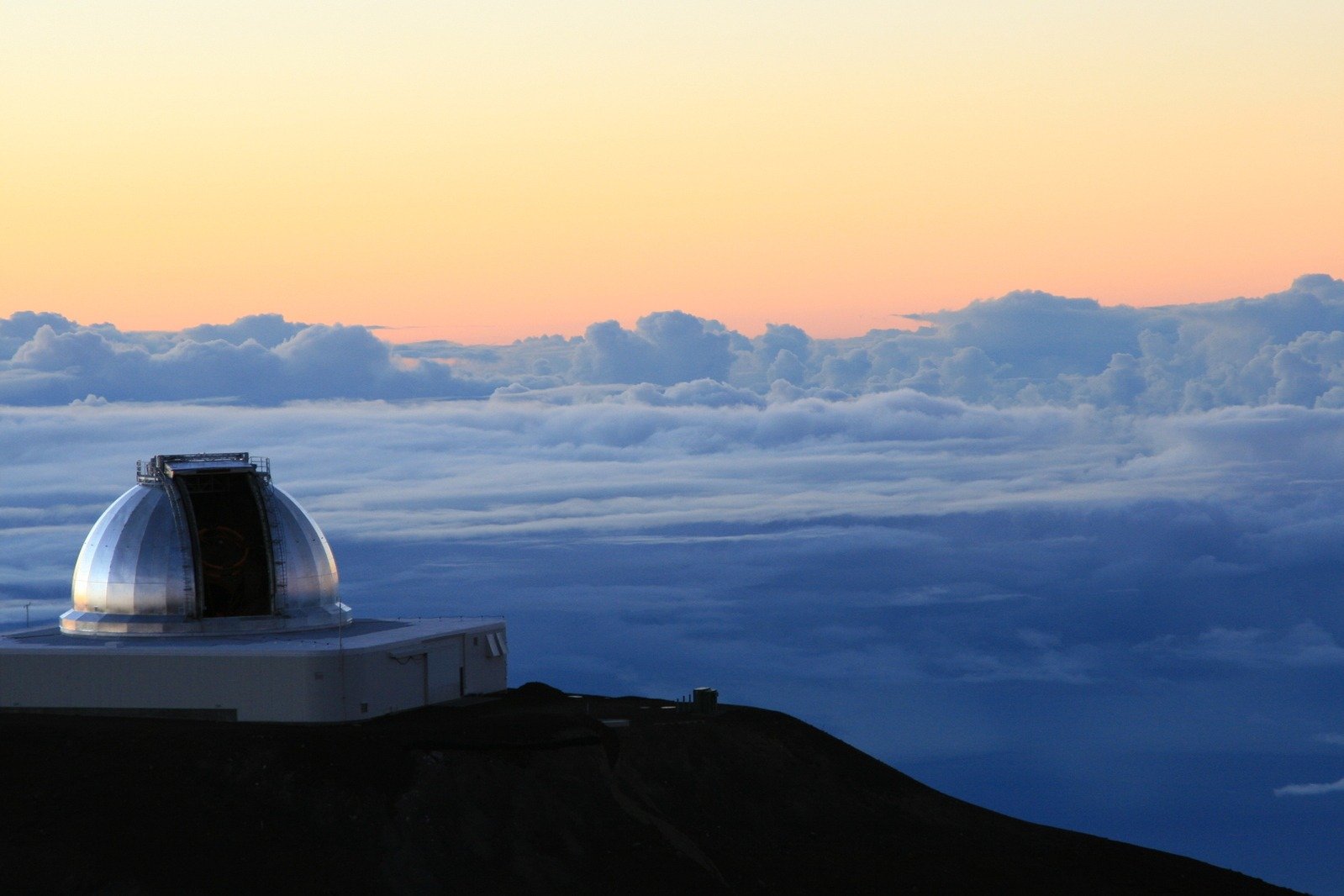Astronomy is one of the oldest sciences. It emerged thousands of years ago in response to humans many practical needs: how to keep track of time, record passage of seasons, find the way home both on land and at sea, decide when to plant and gather crops and so on. Back in its early days it was easy to relate to and understand the methods that emerging astronomical science used and the necessity of particular experiments.
These days Astronomy uses state of the art equipment and speaks complicated language of modern Maths and Physics. And although Hubble photos still capture our imagination and the headlines announcing space discoveries still get their “WOWs” from the public, most of what astronomers do is hard to understand and at first glance completely irrelevant to people’s day-to-day lives. Many, therefore, wonder whether it is reasonable to invest into Space research when there are more pressing matters at hand here on Earth.
This question is not so easy to answer. Unfortunately astronomical research does not directly translate into practical applications and usable inventions. Nevertheless we would argue that Astronomy has, without a doubt, a huge long-term impact on…
Education
Astronomy plays a vital role in education. With all due respect to Sherlock Holmes, knowledge of fundamental astronomical principles is a part of what makes a science-literate individual. Introducing Astronomy in primary and secondary schools helps pupils gain interest in Physics, Maths and other strongly related disciplines. Students who study Astronomy at University level, no matter whether they will become professional astronomers, learn to analyze data and look for patterns, acquire valuable problem-solving and reasoning skills. General public benefits greatly from Astronomy outreach programs (such as our inflatable planetarium) too. For many people stargazing becomes a lifelong hobby, a way to socialize, connect with the world, stay active.
Sciences
We are now at the point when to truly understand how the Universe works different sciences need to join forces. It is sometimes hard to tell when “Astronomy” ends and other sciences, such as Chemistry, Biology, Geography, Computer Science, begin. Advances in one discipline stimulate the development of the others. It’s a win-win! Also, the multidisciplinary research brings together scientists and institutions from around the World.
Earth’s well-being
Astronomical instruments and methods are used not only to study the far-away stars and galaxies, but our home planet too! Numerous projects use ground-based observatories and space probes to monitor Earth’s health and well-being.
For example, NASA “Earth Observing System” satellites TERRA , AQUA and AURA study the Earth’s land, ices, atmosphere and ocean. In addition to supplying scientists with vital information about our planet, these spacecrafts provide data for weather forecasts, air quality analysis, images of disaster regions, including forest fires, volcanic eruptions and floods. This information allows specialists to issue reliable weather quality alerts that are vital for people with respiratory diseases, help to plan evacuation procedures and emergency response.
Astronomy can help study individual cities too! In 2019 TED talk How we use Astrophysics to study Earth-bound problems astronomer Federica Bianco tells us about her work at Urban Observatory in New York. Bianco uses astronomical methods to study city energy consumption patterns. She also observes sooth plumes from individual NY buildings and monitors air quality in the city.
Industry
Astronomy keeps pushing industry to its limits by asking engineers to design and build things that are nothing short of miracles: giant telescopes, ultra-sensitive receivers, materials that can withstand extreme heat.
Many of the inventions originally designed for the needs of Astronomy, made their way into our everyday lives. Several notable mentions include satellite navigation and WiFi. You will find more information about Satellite navigation and how it works in our space blog.
Keeping humanity safe
Any dinosaur will tell you: watch out for those bits of rock falling from the sky. Asteroid threat, however small, is real. Astronomers constantly scan the sky for the so-called Near-Earth Objects to make sure these space rocks stay a safe distance away from the Earth. Scientists also develop collision-prevention strategies. You will find more information about asteroid hazard and impact-prevention plans in our space blog Asteroids, friends or foes? Part one: foes!
So why do YOU think Astronomy is important? Can you name any (originally) astronomical instrument that is widely used these days? Let us know!


